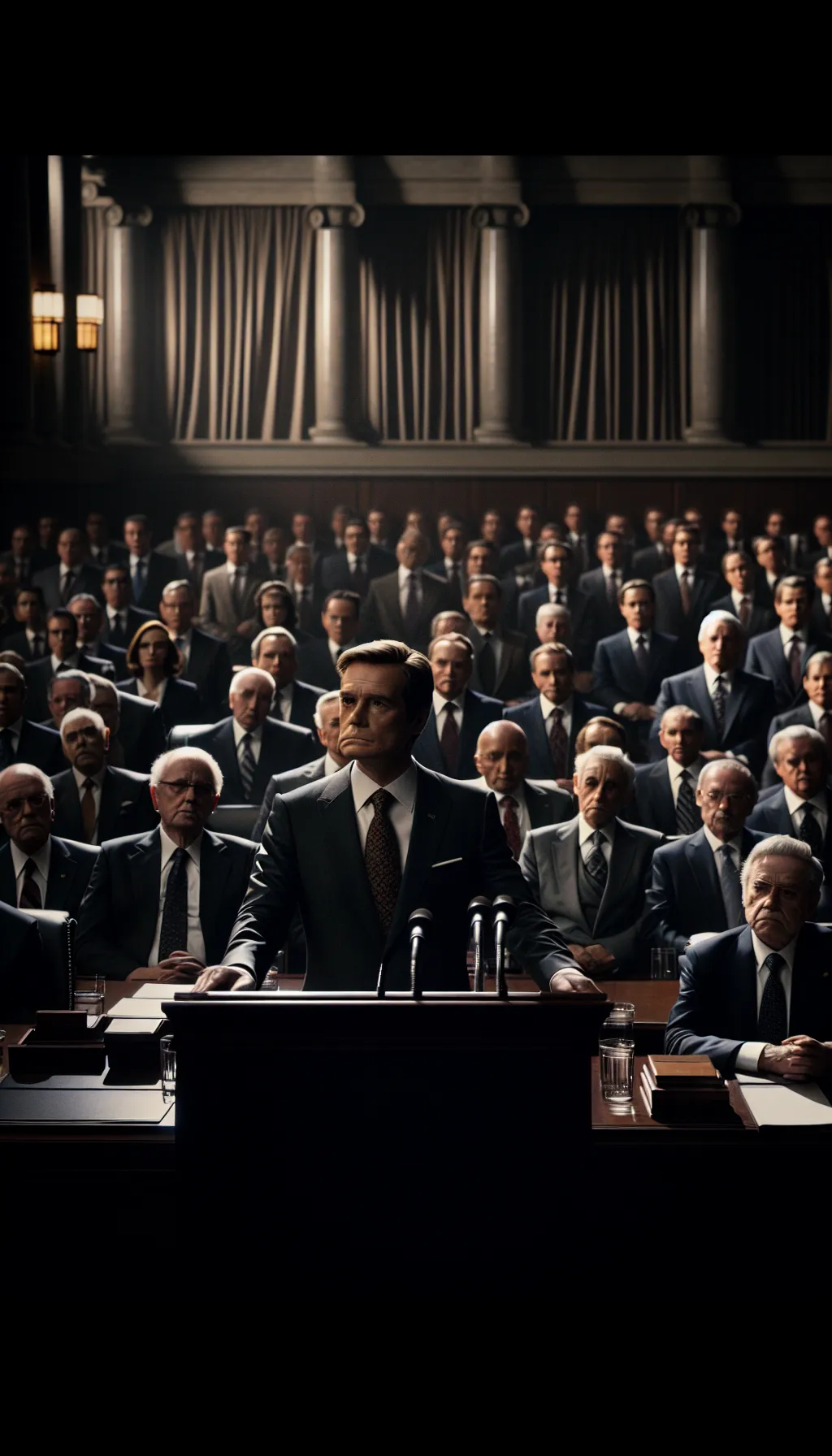United States – Wilson's Dramatic Reversal – April 2, 1917
TLDR;
- Event: On April 2, 1917, President Woodrow Wilson asked Congress to declare war on Germany, marking the U.S. entry into World War I.
- Causes: Germany’s unrestricted submarine warfare and the Zimmermann Telegram, which proposed a German-Mexican alliance against the U.S., were key factors.
- Decision: Despite his 1916 campaign promise of neutrality, Wilson framed the war as a fight for democracy, leading to overwhelming Congressional support (Senate 82-6, House 373-50).
- Impact: The U.S. mobilization for war had profound social and political effects, including suppression of dissent under the Espionage and Sedition Acts.
–
Story
The chamber was thick with gravity as President Woodrow Wilson approached the podium. The air was heavy with the weight of impending history, and every eye in the room was fixed on the man who was about to pivot the nation’s course. It was April 2, 1917, and the United States stood on the brink of war.

For years, the Great War had raged across Europe, a brutal conflict that had drawn the U.S. into its economic orbit long before military intervention. The tides of war, however, were relentless, and the U.S. could no longer remain a passive observer. Germany’s resumption of unrestricted submarine warfare in February 1917 had led to multiple U.S. merchant ship sinkings, and the Zimmermann Telegram—intercepted and decoded by British intelligence—revealed a plot to ally with Mexico against the U.S., further swaying public opinion.
President Wilson, a man re-elected in 1916 on a neutrality platform (‘He kept us out of war’), now faced a nation divided. His voice, deliberate and professorial yet visibly strained, echoed through the halls of Congress as he declared, ‘The world must be made safe for democracy.’ It was a call to arms, framed as a crusade for democracy, especially after Russia’s March 1917 revolution removed an autocratic ally from the Entente.
The turning point had arrived. With Congress’s approval—Senate voting 82-6 on April 4 and the House 373-50 on April 6—the United States would enter World War I, a decision that would alter the nation’s trajectory and shape the future of global politics. The echoes of Wilson’s words would resonate far beyond the walls of Congress, as America prepared to take its place on the world stage.
The decision to go to war was not taken lightly, and the consequences were profound. As the nation mobilized, families were torn apart, and draft resistance and anti-war sentiment, especially among socialists, pacifists, and German-Americans, were significant but often suppressed under the Espionage and Sedition Acts. Yet, in that moment, Wilson’s message was clear: the fight for freedom and democracy was a cause worth the sacrifice.
–
| Would a different decision by Wilson have changed the course of history? |